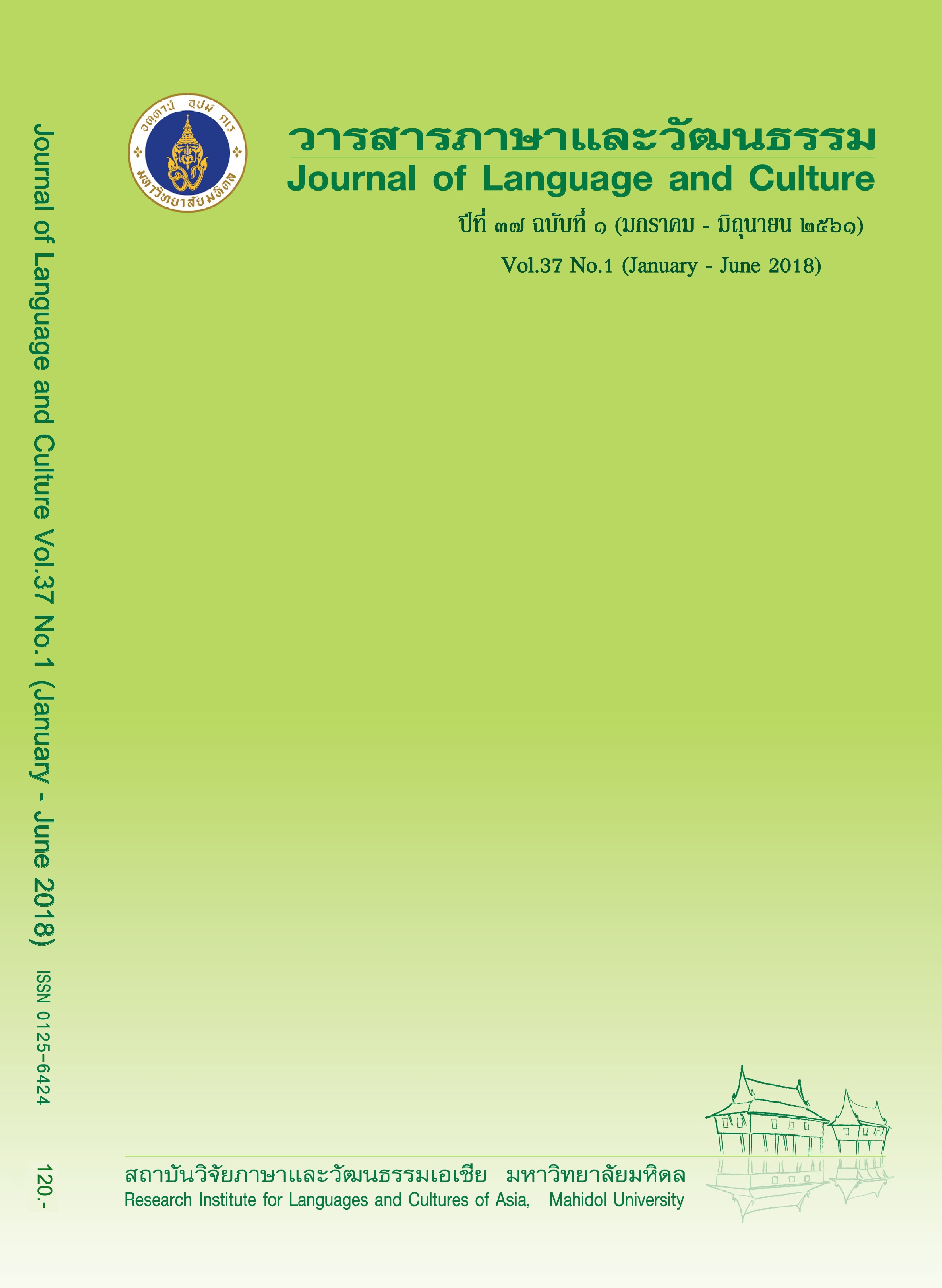Translation of contemporary features of young adults’ language in Babe Walker’s White Girl Problems
Main Article Content
Abstract
Language constantly changes in several respects, such as the nature of the changes, language variation, the needs of language users, and new technologies, which all influence the language users and reflect the social situation. In fact, specific groups of language users influence the emergence of new language and changes to existing language patterns. They usually comprise teens and young adults who invent new slang and utterances to create new varieties of language used in face-to-face conversation and in the virtual world. Contemporary literature manifests the innovation and adaptation of language to meet new situations in society. Translating contemporary texts by preserving the meaning and distinctive features in accord with the source language is a particular challenge for translators. The objective of this article is to examine the translation of young adults’ language and the linguistic devices and approaches that are used at the lexical level in order to achieve equivalence between the original and target texts at the textual and discourse levels. Examples of issues identified in the translation of the work of contemporary American literature entitled White Girl Problems by Babe Walker are presented along with the analysis. The result shows that when translating contemporary literature, considering every aspect of the original text and employing the cultural subsititution strategy—using contemporary language in target culture—achieves the requisite naturalness in translated texts and maintains the relationship of equivalence in meaning, flavor, and contemporary features between the original and translated texts.
Article Details
The articles featured in the Journal of Language and Culture (JLC) constitute academic works representing the viewpoints of the respective author(s). It is crucial to note that these opinions do not necessarily reflect those of the Editorial Board.
All articles published in JLC are released under the Creative Commons Attribution 4.0 International License (CC BY 4.0). This license grants permission for unrestricted use, distribution, and reproduction in any medium, provided proper credit is given to the original author(s) and the source.


